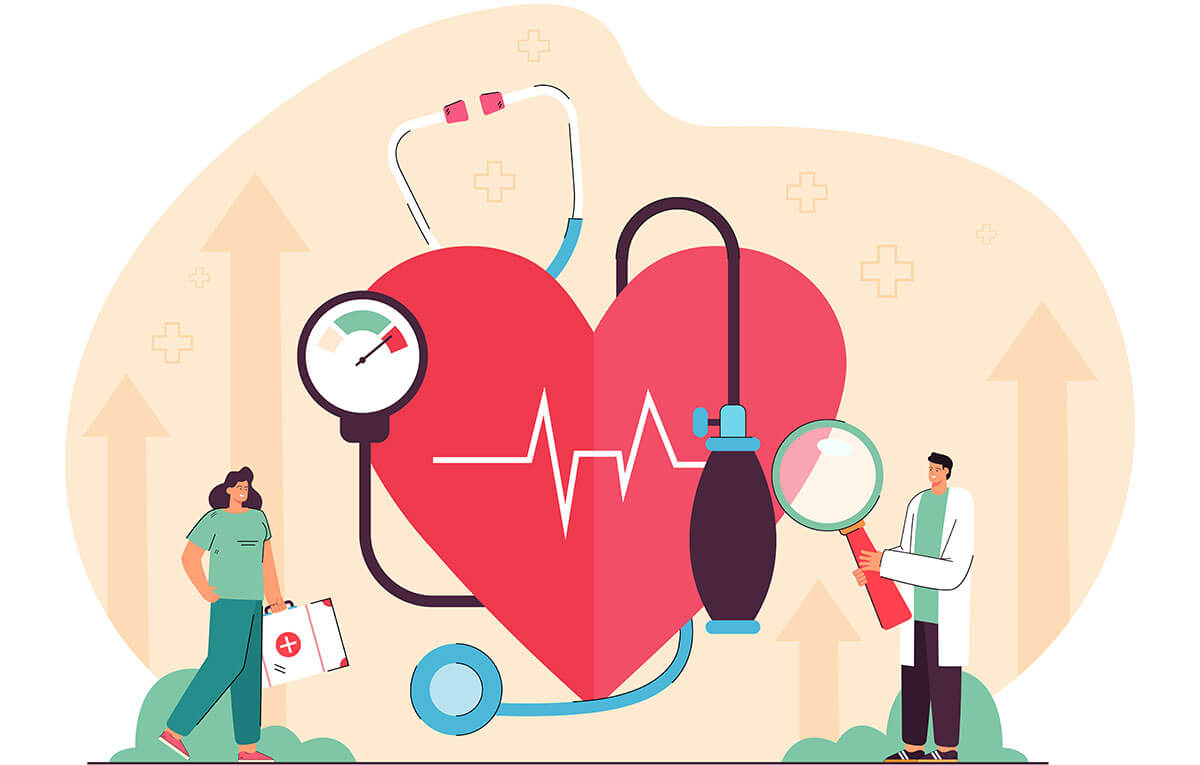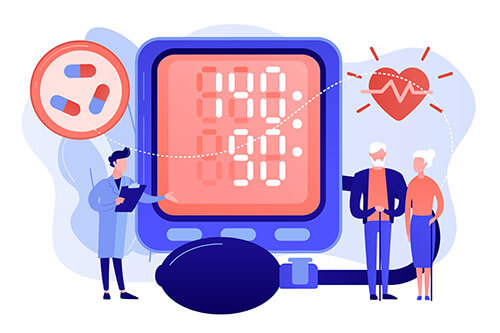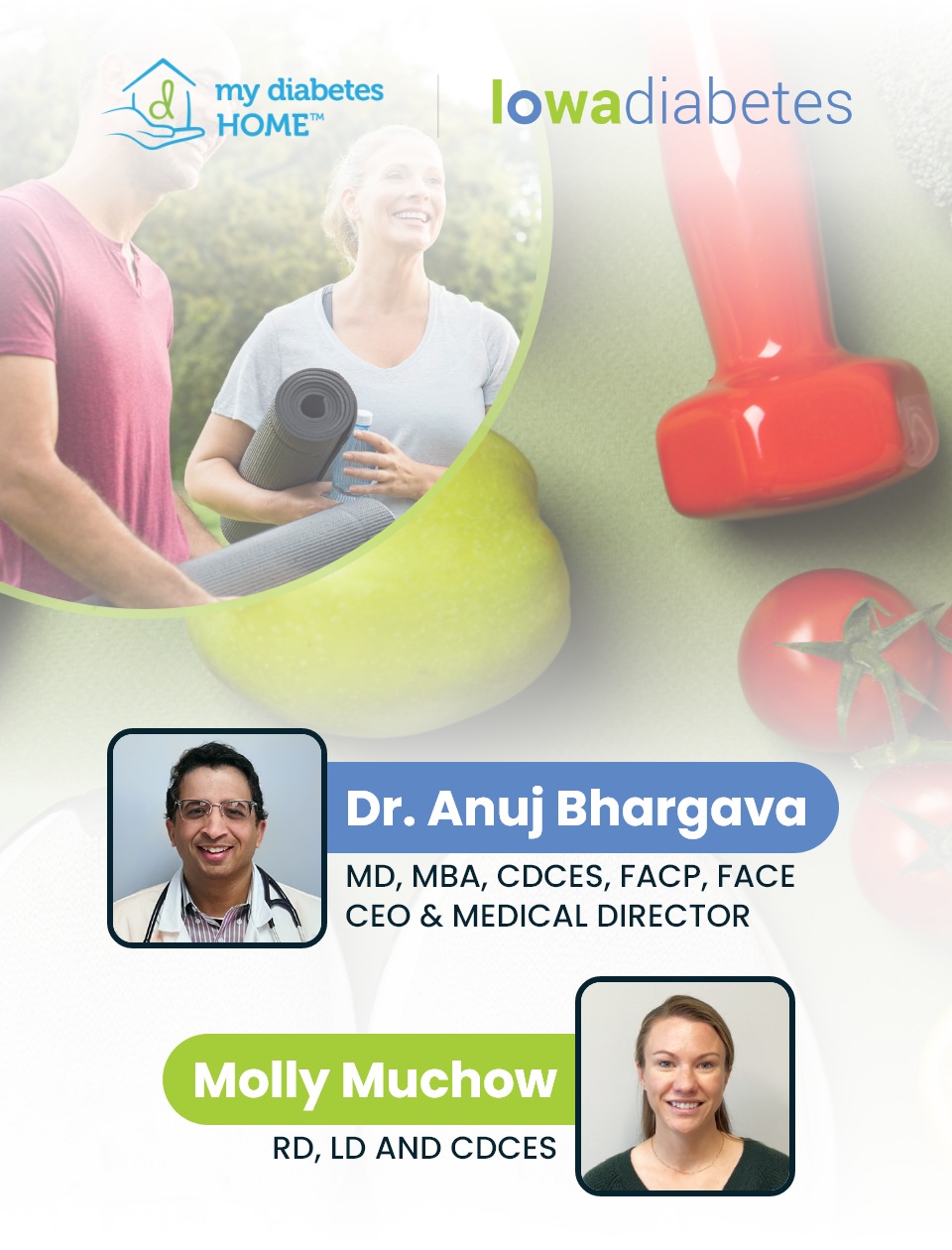
If You’re Diabetic, Here’s Why You Should Watch Your Blood Pressure Too
Having diabetes means taking extra steps to watch your blood sugar. But what about your blood pressure?
What is Blood Pressure?
According to WebMD, blood pressure is the force at which blood is being pumped throughout your body.
When your doctor measures your blood pressure, you’ll get two numbers for results. The first (or top) number is called systolic pressure. It measures the pressure in your body as your heart beats.
The second (or bottom) number, called diastolic pressure, is the pressure your body feels when your blood vessels relax between heartbeats. Most physicians say a healthy blood pressure level is around 120/80. High blood pressure, or hypertension, usually occurs when a person’s blood pressure measures around 140/90.
Risk of High Blood Pressure
High blood pressure means the heart is working harder to pump blood throughout the body.
According to John Hopkins Medicine, 2 in 3 Americans with diabetes experience hypertension. It also states that people with both hypertension and diabetes are 4 times as likely to develop heart disease.
People with diabetes are more likely to experience high blood pressure because diabetes can cause damage to the arteries, making them more susceptible to conditions such as stroke and heart attack. When a person’s blood pressure gets too high, it can worsen–or even cause many complications associated with diabetes, including eye disease, kidney disease, and neuropathy.

Prevention
The good news is, there are many steps you can take to both prevent and treat high blood pressure.
The American Diabetes Association recommends less than 400 mg of sodium per serving of food or 1500 mg per day.
Another helpful way to prevent hypertension is replacing fatty, salty, and sugary foods with fresh produce, lean meats, and whole grains; this is often referred to as the Dietary Approaches to Stop Hypertension (DASH) diet.
Getting at least 30 minutes of exercise each day will help strengthen your heart and promote good cardiovascular health. It is further recommended to avoid smoking and reduce alcohol consumption.
Summary Learning about your risk of developing high blood pressure and how to prevent it can lead to a healthier life. Make sure you visit your doctor to discuss any questions and to get your blood pressure checked regularly.
Disclaimer: Any information provided is not intended as medical advice. Iowa Diabetes is not responsible for any information from third parties.





